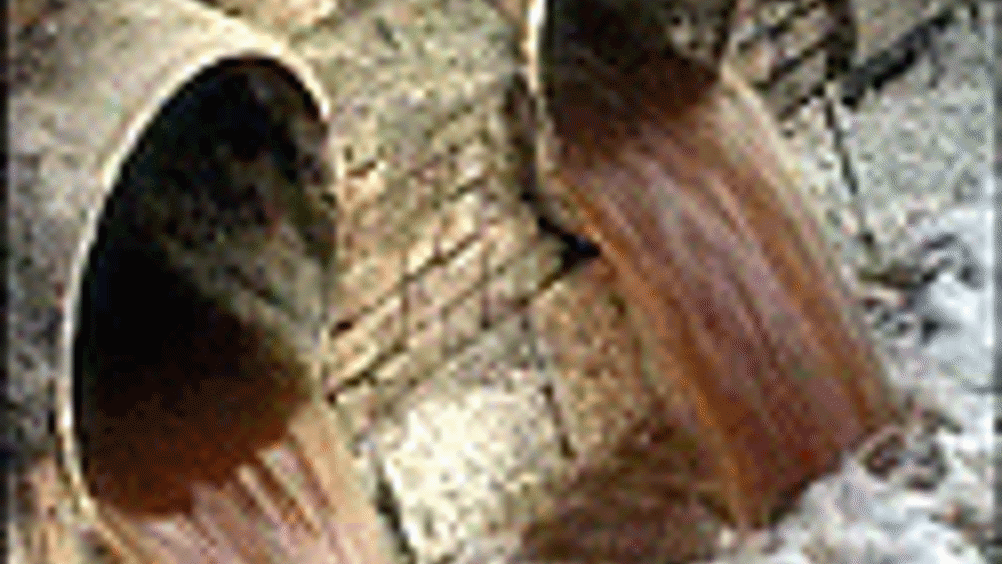Sweet findings

German researchers have found that sewage treatment plants fail to completely remove artificial sweeteners from wastewater.
Marco Scheurer, Heinz-Jürgen Brauch and Frank Thomas Lange from the Water Technology Center in Karlsruhe did so using a novel analytical method that simultaneously analyses water for the presence of cyclamate, acesulfame, saccharin, aspartame, neotame, neohesperidin dihydrochalcone and sucralose - seven commonly used artificial sweeteners
Scheurer and his colleagues collected water samples from two sewage treatment plants in Germany - Eggenstein-Leopoldshafen and Karlsruhe - as well as from a soil aquifer treatment site located in a Mediterranean country that treats secondary effluent from a sewage treatment plant.
They tested the water samples using the method and detected four - acesulfame, saccharin, cyclamate and sucralose - of the seven sweeteners in the waters from the two German sewage treatment plants, indicating that the plants had failed to completely eliminate the sweeteners during the wastewater treatment process.
Their analyses also showed that the pollutants contaminated rivers and streams receiving water from the sewage treatment plants.
Register now to continue reading
Thanks for visiting The Engineer. You’ve now reached your monthly limit of news stories. Register for free to unlock unlimited access to all of our news coverage, as well as premium content including opinion, in-depth features and special reports.
Benefits of registering
-
In-depth insights and coverage of key emerging trends
-
Unrestricted access to special reports throughout the year
-
Daily technology news delivered straight to your inbox










BEAS funding available to help businesses cut energy costs
And not a moment too soon, if the following exchange broadcast last Friday 13th June, on the Radio 4 ´Rare Earth´ program (link below, ~ 17 minutes...